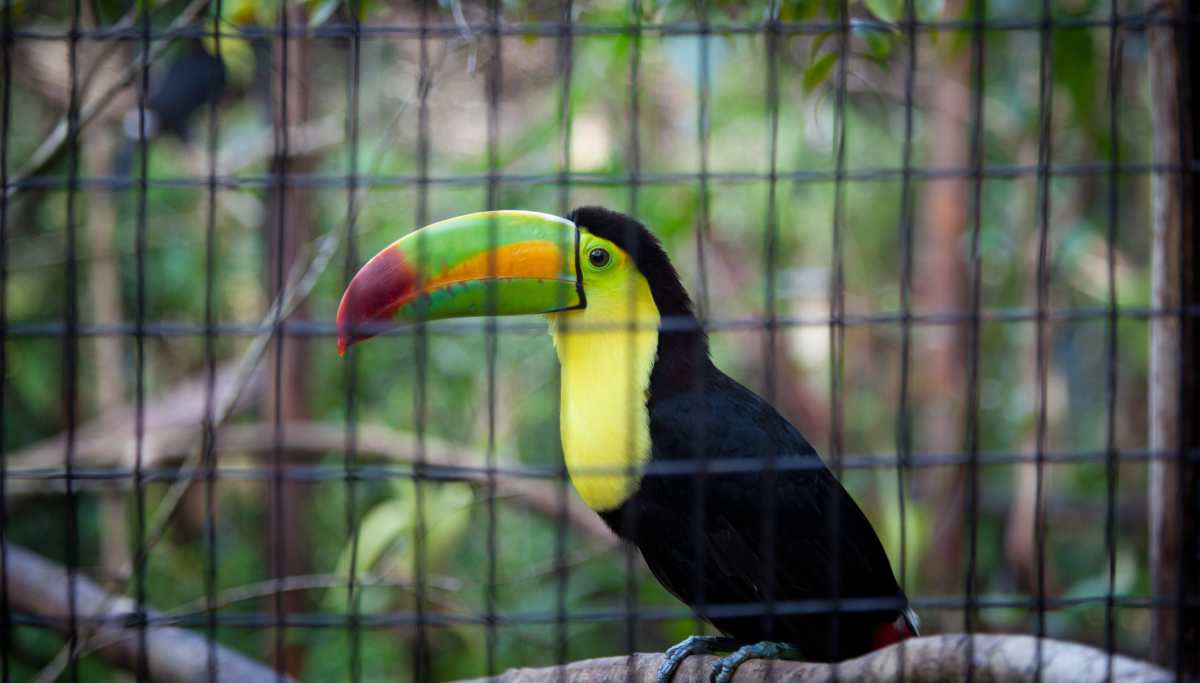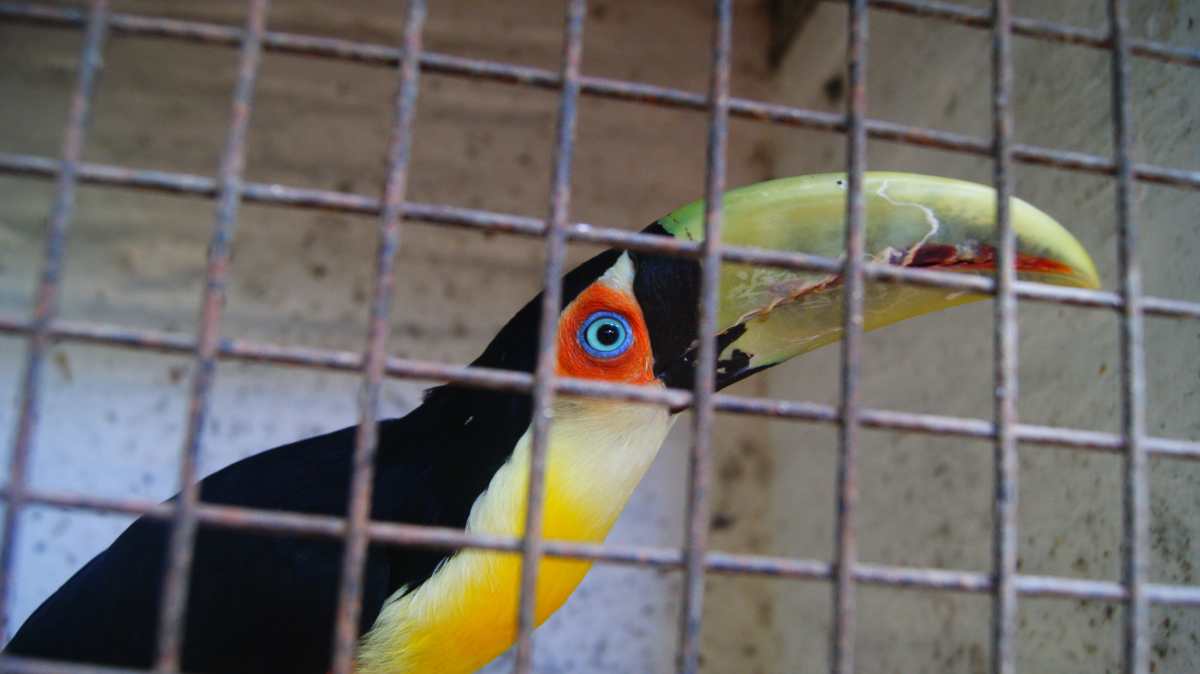14 toucans discovered in the dashboard of a California car — US border officers catch bird smuggler

Wildlife trafficking isn’t just illegal, it’s inhumane. A recent case in Southern California has exposed the shocking cruelty animals endure to satisfy the exotic pet market. Hidden from view, many wild animals are sedated, bound, and stuffed into vehicles like inanimate cargo. Far from being rare, these horrific methods are part of a growing global black market that threatens animal welfare, biodiversity, and even public health.

As reported by The Independent, earlier this month, U.S. Customs and Border Protection made a disturbing discovery at the Otay Mesa Port of Entry. A sniffer dog flagged Carlos Abundez’s Volkswagen Passat, leading to a closer inspection. Inside the car's dashboard, agents found 14 live Keel-billed toucans, sedated, duct-taped, and wrapped in cloth. U.S. Attorney Adam Gordon commented on the terrible sight, "Smuggling endangered birds by sedating them, binding their beaks, and hiding them in car compartments is not just cruel — it’s criminal." These birds, native to parts of Central and South America, are often trafficked for sale, sometimes ringing in up to a whooping $5,000 each.

The 35-year-old Abundez’s arrest follows the recent prosecution of three other individuals smuggling exotic birds like Amazon parrots and parakeets through Southern California. “This disturbing trend of trafficking exotic wildlife through Southern California ports poses a serious threat to public health and agriculture,” Attorney Gordon further commented. Smuggled animals bypass necessary quarantine checks, increasing the risk of spreading diseases like avian influenza. A recent study reported that people who handle or sell wild animals, like poachers, market vendors, or buyers, face a higher risk of getting zoonotic infectious diseases. This is mainly because of unsafe practices, like poor hygiene, not washing hands, or selling wild meat alongside other fresh foods in unsanitized places.

The methods used to transport these animals are beyond cruel. Wildlife traffickers often sedate animals with veterinary drugs, seal their beaks or mouths, and confine them in cramped, airless spaces for hours. The latest World Wildlife Crime Report by the UN reveals that illegal wildlife trafficking remains a serious global problem, affecting about 4,000 species across 162 countries between 2015 and 2021. Despite years of international efforts, the trade hasn’t slowed down overall, though there has been some progress for elephants and rhinos thanks to combined efforts to reduce both supply and demand.
Thankfully, the 14 toucans rescued in this case are now safe and recovering after receiving care and being moved to a quarantine center under the Department of Agriculture Animal Import Center. But not every animal is that lucky. For many others caught in the illegal pet trade, the outcome is far worse. As long as people keep buying exotic animals, the demand will keep the cruelty going. Digging into the motivation behind acquiring exotic pets, research by Anna Hausmann et al. upholds 'rarity' as the prime influencing factor. In fact, researchers also found buyers giving preference to only "aesthetic or morphological rarity" in exotic pets while mostly disregarding other aspects. Some respondents showed an inclination towards conservation objectives by opting for "captive-bred exotic pets" already found abundantly in the market. Overall, however, it does seem like pet owners who support these cruel avenues usually only care about the 'status' and 'optics' of owning an exotic pet.